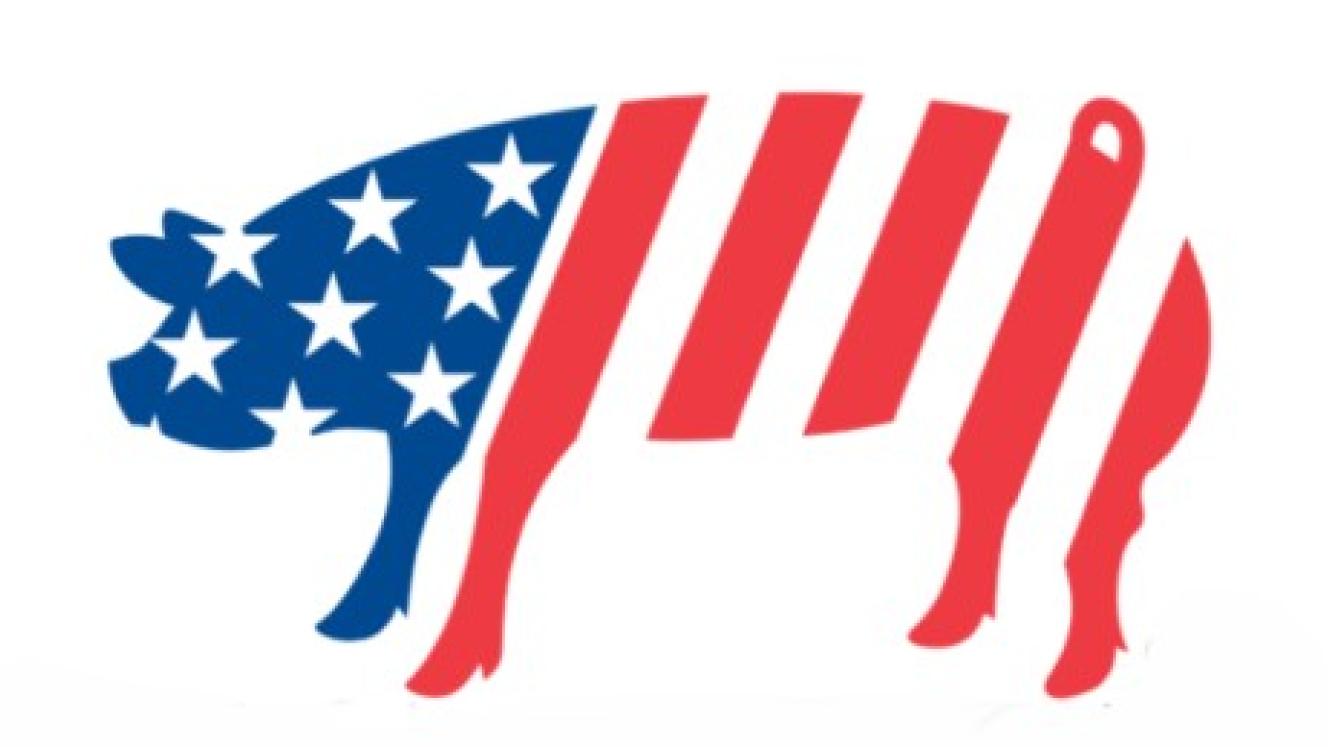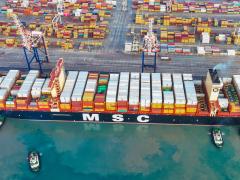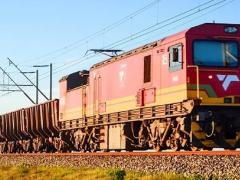The declaration of exports going to Lesotho has been disrupted following Tuesday’s implementation of a regulation requiring shippers to obtain a Tax Identification Number (TIN).
Announced last year, the new regulation was postponed on several occasions because of systems non-alignment with Asycuda, the automated data declaration network for member countries of the Southern African Customs Union.
But Revenue Services Lesotho (RSL) went through several synchronisation processes to enable implementation of TIN compliance, and registration can only be done through the Agents of Foreign Firms Association of Lesotho (Affal).
Exporters were also given fair time to apply for exemption, but not all shippers made use of this opportunity.
Last week, Stephen Segal, divisional director of clearing and forwarding at Value Logistics, said that RSL was going ahead with the TIN regulation and that no further postponements should be expected.
He said that non-compliance, for the most part, had been given by RSL as the reason for delays at ports of entry into Lesotho.
RSL confirmed that unless foreign suppliers such as big manufacturers, distributors and wholesalers had acquired the services of a Lesotho-registered agent through Affal, they would not be able to declare goods entering the mountain kingdom.
Non-existent exemptions and related applications that remain unfinished or unapproved were also cited as reasons for declaration delays.
“If a supplier has an agent but the agent has not updated their new relationships (agent-to-supplier) with RSL for that specific supplier, the declaration will be blocked. RSL must have a record of each supplier-agent relationship,” the tax authority added.
RSL also said that some shippers had known since last year about the TIN system, but failed to adhere to the new requirements.
“Some suppliers did not act on time when advised by RSL to either appoint agents or apply for exemptions from late 2024.
“As a result, exemption applications are now being submitted in bulk, and since these require manual approval, processing is taking a bit of time, but still going smoothly.”
Asked if there are bottlenecks at borders such as Maseru Bridge, South Africa’s main supply route to Lesotho’s capital, Segal said: “Not really.”
He said cargo was only allowed to cross once the customs declaration had been completed and proceed-to-border notification received.













